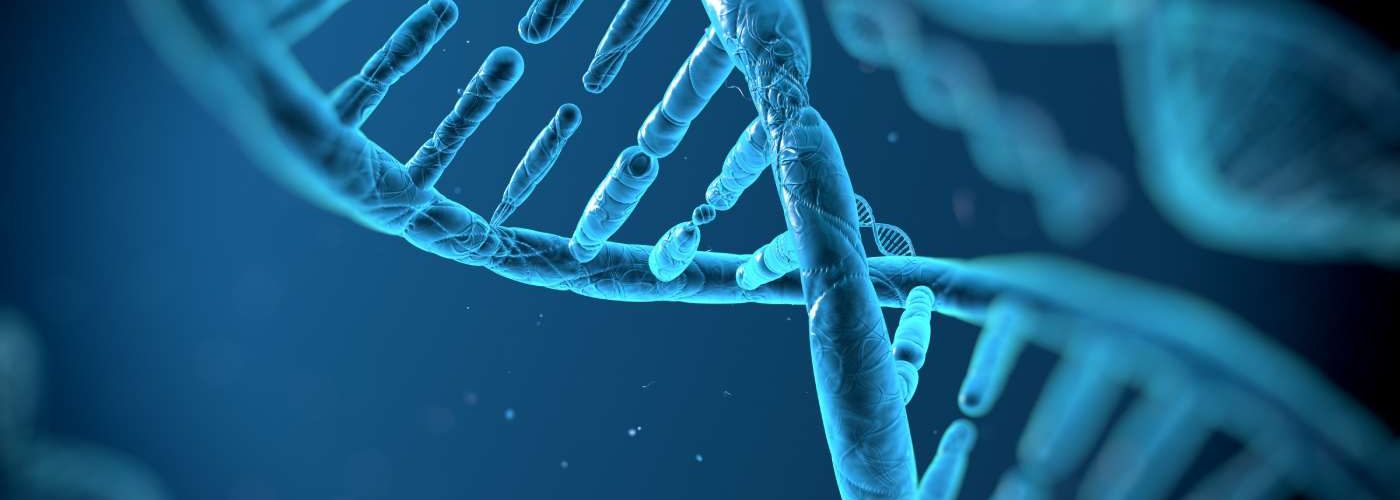
- Current preimplantation genetic testing (PGT) detects macroscopic chromosomal anomalies and certain known hereditary disorders within specific family genetic histories. However, around 50% of euploid embryos fail to implant, with an additional 10% resulting in miscarriage
- The integration of clinical whole-genome sequencing (WGS) into PGT represents a promising strategy to overcome the limitations of current methodologies, enabling comprehensive analysis of the embryo’s entire genome
- Whole-genome sequencing (WGS) is a technique that allows reading every nucleotide—the complete genome—of an organism. The human genome, comprising approximately 3.2 billion base pairs, can reveal errors, variations, or mutations potentially linked to genetic disorders or to embryonic developmental lethality if applied in PGT
BARCELONA, APRIL 24th, 2025
Preimplantation genetic testing is employed to identify genetic anomalies in embryos prior to implantation during in vitro fertilization (IVF) treatments. To date, trophectoderm biopsy remains the most widely used method — a safe yet invasive technique allowing analysis of several cells from the embryo at the blastocyst stage. The study “WGS of human embryos: the next frontier in PGT”, presented at the ongoing 11th International IVIRMA Congress in Barcelona, aims not only to enhance IVF success rates but also to deepen understanding of genetic diseases from their earliest stages.
Dr. Antonio Capalbo, Chief Scientific Officer at Juno and genomics research director at IVIRMA Global Research Alliance, and study coordinator, explains: “Despite these advances, around 50% of embryos considered genetically normal (euploid) fail to implant, with an additional 10% resulting in miscarriage. There remains a significant gap in accurately predicting successful implantation and embryonic development, which underscores the importance of exploring alternative methods ”.
Failures might result from lethal gene mutations, especially those arising de novo in germ cells, which current technologies cannot detect. Specifically, pathogenic variations in lethal genes, not identifiable by current PGT methods, may partially explain developmental failures observed after euploid embryo transfers.
This research suggests integrating WGS into the clinical PGT process as a potential solution. This technology enables a complete genomic examination of an embryo (sequencing all 20,000 genes of our genome), detecting not only major chromosomal anomalies but also subtler variations — including monogenic diseases, structural imbalances, and epigenetic alterations — that may affect embryo development and lead to severe early-onset diseases in offspring.
Implications of a Universal PGT Framework in Clinical Practice
Employing WGS universally within PGT would facilitate a more thorough genetic profiling of embryos regarding inherited and acquired conditions. It could also accelerate the discovery of new biomarkers predictive of reproductive potential, ultimately deepening our comprehension of human development and genetic disorders. “Clinically, this means offering comprehensive genetic testing to all patients, independent of their genetic background or family history, significantly enhancing our capacity to identify genetic risks prior to embryo transfer. The impact on reproductive medicine would be highly noticeable”, Dr. Capalbo adds.
Furthermore, it would enable a deeper assessment of each embryo’s reproductive potential. By evaluating the entire spectrum of genomic variations simultaneously (beyond just aneuploidies), WGS holds promise for improving PGT predictive accuracy concerning implantation outcomes and full-term development.
“We are undoubtedly witnessing a paradigm shift in embryo genetic evaluation. Comprehensive genome sequencing allows early identification of genetic risks factor for embryo development before transfer as well as the identification of pathogenic variations leading to severe genetic conditions in offsprings. It opens new avenues for personalized reproductive medicine, enhancing success rates for each analyzed embryo and reducing current implantation failures and miscarriages. However, before moving to clinical application, several preclinical and clinical research studies are still required to carefully evaluate the expected clinical gain and how to best manage this new set of genomics information in the context of embryo testing”, concludes Dr. Capalbo.
Overall, whole-genome sequencing is shaping up as the next major revolution in reproductive genetic assessment, heralding a more precise, safer, and comprehensive era in the future of assisted reproduction.
